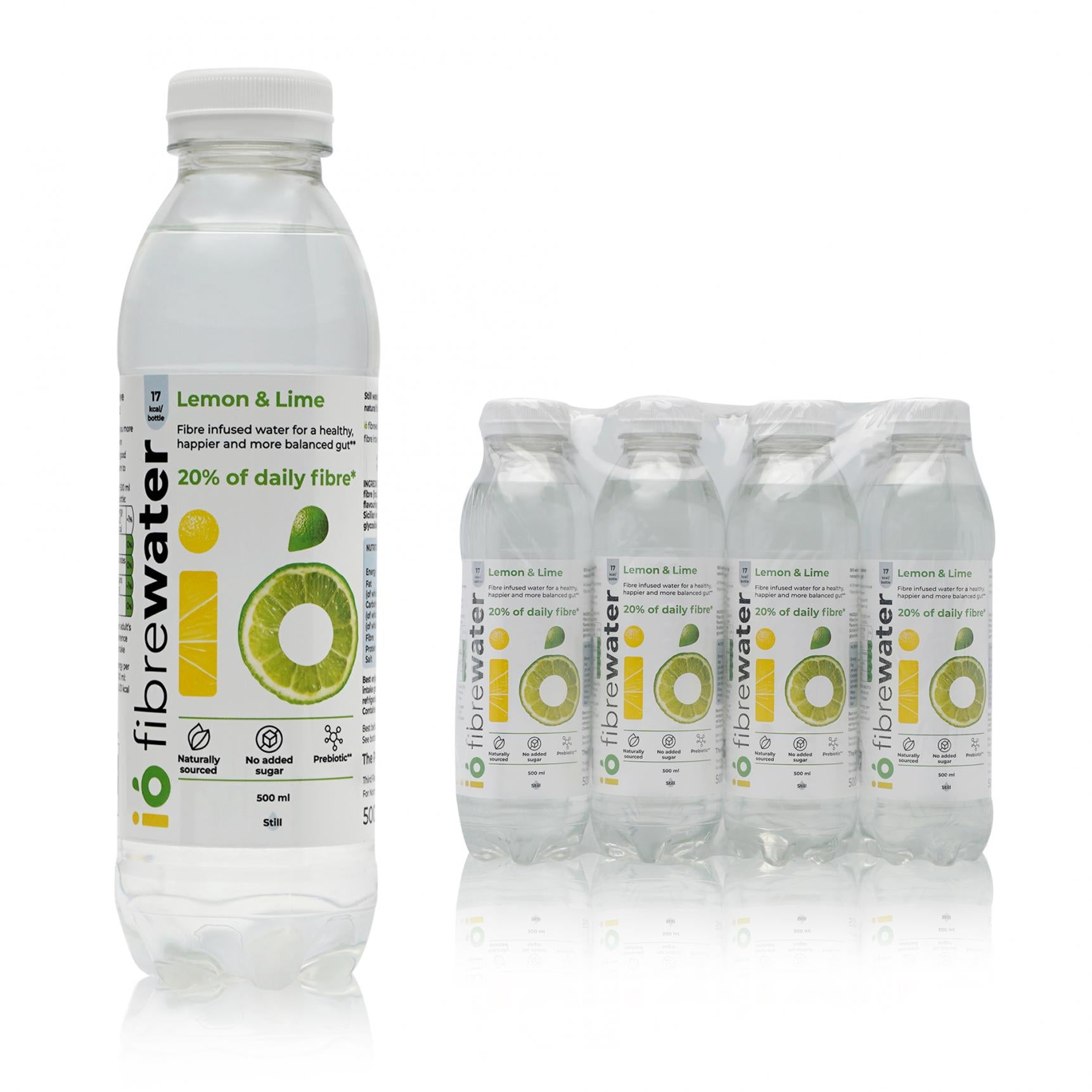
Probiotics and prebiotics in your diet
Prebiotics vs Probiotics: What's the difference?

Prebiotics and probiotics are two types of dietary supplements that can have a positive impact on gut and overall health and well-being. However, they have different roles in the body and work in different ways to achieve a common goal - a happier, healthier gut microbiome and a happier, healthier you!
In this blog we will discuss what the difference is between prebiotics and probiotics, and why they're important in gut and overall health.
Why are prebiotics and probiotics important?
There are thousands of studies proving that both prebiotics and probiotics can improve digestion, help with weight management, boost the immune system, and even support mental wellness.
Consider your gut microbiome acts like a pond. The fish in the pond are the probiotics and the special food the fish needs to eat to not only survive, but thrive, are the prebiotics.
gut microbiome
A healthy pond is one with flourishing fish, who are also happy and healthy -because they are getting the special food they need.
Your gut microbiome acts in the same way - a diverse amount of healthy bacteria will help keep you healthier. And this is achieved through eating a range of healthy foods - including foods that prebiotic and probiotic.
So, let's dive right in!
What are prebiotics?
Prebiotics
Prebiotics, are a special type of fibre that feeds the good bacteria in the gut.
Prebiotics are not live bacteria like probiotics, but they are the essential food source for the beneficial bacteria in the gut.
As mentioned above in the pond analogy, prebiotics are the key to a healthy gut microbiome, and are ultimately the cornerstone to health and wellness.
There are over 4,000 published studies regarding the positive effects of prebiotics (and in particular, chicory root fibre/inulin) of prebiotics regarding:
cardiovascular health
reducing the risk of type 2 diabetes
reducing the risk of obesity
reducing the risk of colorectal cancer
improved sleep, mood, energy and mental well-being
improved digestive health
For further reading about prebiotics:
Prebiotic foods
Prebiotics are found in some fruits, vegetables, and whole grains, including Jerusalem artichokes, dandelion greens, bananas, onions, garlic, asparagus, and oats.
However, the best source of prebiotic fibre is chicory root fibre, otherwise known as inulin.
What are probiotics?
probiotic foods
Probiotics are live bacteria that are beneficial to the digestive system when consumed in adequate amounts. They can be found in a variety of fermented foods (see below), as well as in supplement form.
Probiotics are naturally found in fermented foods such as yogurt, kefir, sauerkraut, and kimchi.
When consumed, probiotics can help to restore the balance of bacteria in the gut, which can be disrupted by factors such as antibiotics, illness, and a poor diet.
It is important to know that probiotics need prebiotics to not only survive, as well as thrive and grow, ultimately creating a healthier gut microbiome.
By consuming prebiotics, you can help to promote the growth of these beneficial bacteria, which can improve digestion and support overall health.

According to the International Scientific Association of Probiotics and Prebiotics eating 3 to 5 grams of prebiotics daily can benefit gut and overall health.
However, as mentioned above, chicory root fibre is the best source of prebiotics - as 68% of of this incredible plant comes from the prebiotic fibre known as inulin.
As a comparision to chicory root fibre, onions contain 16% inulin and dandelion greens contain 25% prebiotic fibre.
Looking for an easy way to boost your prebiotic intake?
An easy way to boost your prebiotic fibre intake is by drinking ió fibrewater - the UK's first prebiotic fibre-infused water that delivers precision nutrition with 100% of your daily prebiotic intake in one bottle (4.5g to be exact!) and 20% of your daily fibre intake, too!
io fibrewater world food innovation award best drink innovation
Not only is ió fibrewater made with naturally sourced ingredients, including chicory root fibre, and no added sugar or nasty

